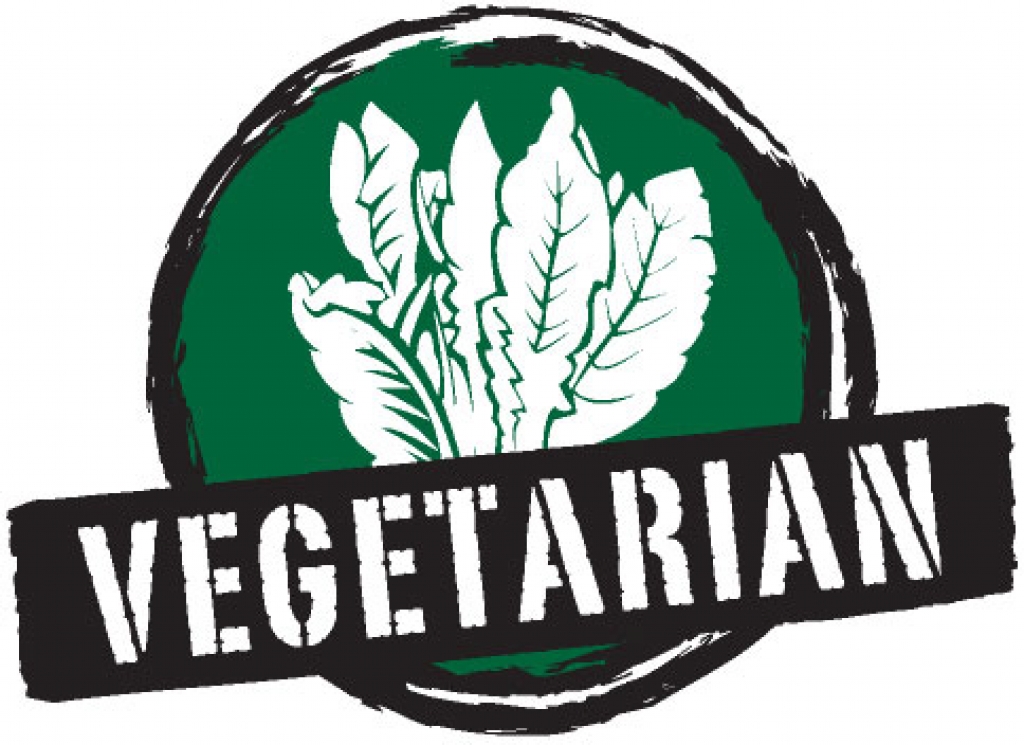Daily Dish the Nugget Markets blog

The Healthy Way to Go Vegetarian
Health Notes from Dr. Liz
Please note that this is an older article. Any products or services pictured or described may have changed or may no longer be available. Thank you for visiting!
Moving to a plant-based diet – passing on meats, seafood, eggs, dairy and all that comes from animals – is fast becoming an eating trend. Many research studies support that vegetarian eating has numerous health benefits, such as lowering risk for heart disease and certain cancers.
Here are some simple ways to round out your vegetarian menu and make sure your body gets what it needs for good health.
Moving to a plant-based diet – passing on meats, seafood, eggs, dairy and all that comes from animals – is fast becoming an eating trend. Many research studies support that vegetarian eating has numerous health benefits, such as lowering risk for heart disease and certain cancers. A recent study even showed that those eating plant-based diets live longer than meat-eaters. Researchers believe that the wealth of phytonutrients in veggies, fruit, grains and other plant products help protect us from a host of age-related ailments.
Simply cutting out meat and other animal products is NOT the ticket to good health. These foods supply an array of essential nutrients like protein, vitamin D and calcium. Eating a poorly planned vegetarian diet can put you in a compromised state as you run the risk of nutrient deficiency.
Here are some simple ways to round out your vegetarian menu and make sure your body gets what it needs for good health:
Protein: Vegetarian sources of protein such as beans, grains and nuts are typically lower in protein quality, the amount and profile of the essential amino acids. Thus, care should be taken to consume good sources of protein at each meal. Aim for about 20 grams of protein per meal from foods such as tofu, soymilk, vegetable burgers (made from bean and grains or soy) and bean-grain dishes such as a burrito. Add soy cheese, nuts or seeds (pumpkin, sunflower) to your salads and other dishes for extra protein. Check labels of packaged vegetarian foods for protein levels.
Calcium: Passing on dairy doesn’t mean you can’t get enough calcium in your diet. Many vegetarian foods and beverages such as collard greens, tofu, corn tortillas, calcium-fortified orange juice, almond milk and rice milk are good sources of this bone-building mineral.
Vitamin D: During the summer months, regardless of your dietary choices, the body makes this vitamin from your exposure of skin to the sun’s rays. But come October through to March, you rely on diet (mostly dairy, fatty fish and eggs) for your vitamin D. So vegetarians need to look for vitamin-D fortified vegan foods such as soymilk, cereal and orange, juice along with mushrooms (which when exposed to UV light make their own vitamin D).
Vitamin B12: Since this vitamin, which is crucial for healthy nerve function and circulation, is only found in foods that come from animals, vegetarians can notoriously fall short on intake. Include vitamin-B12-fortified cereals, soymilk, almond and rice milk, and other ready-made vegetarian foods in your diet. Due to their live bacteria, cultured or fermented foods also supply B12. Tempeh, sauerkraut, and kimchi are a few fermented vegan foods that also supply a bit of vitamin B12.
Iron and zinc: These two minerals play crucial roles in sustaining a healthy circulation and immune system, among other duties in the body. Meats, poultry and seafood are the best sources of iron and zinc, but vegetarians can also look to whole grains, beans and iron/zinc-fortified cereals.